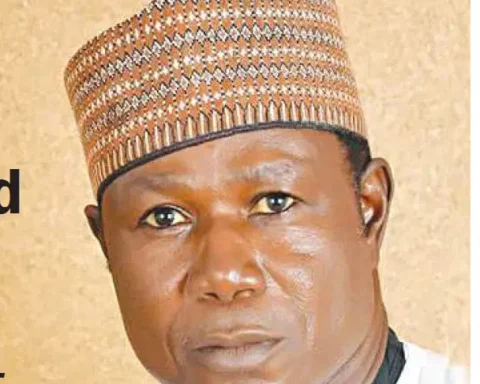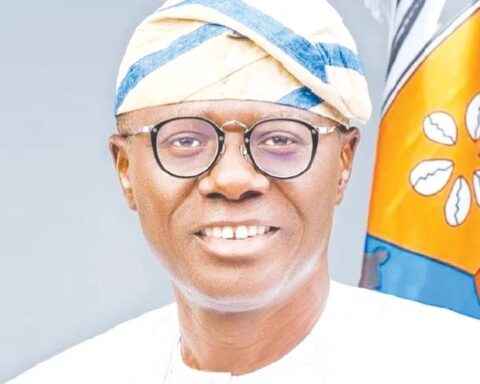Yesterday marked another year since the sudden death of Chief Moshood Kashimawo Olawale Abiola on July 7, 1998, a day that remains etched in the memory of Nigeria’s troubled march to democracy. Officially, he died while meeting a high-powered U.S. delegation, but it was the cup of tea stirred by U.S. diplomat Susan Rice that is generally believed to have sealed the story’s symbolism. His death, coming a day after meetings with Kofi Annan and Emeka Anyaoku, was a chilling end to a struggle rooted in a betrayal that had begun almost a decade earlier with the annulment of the June 12, 1993 presidential election.
Abiola had entered the race not just as a billionaire but as a bridge-builder, winning what has been regarded as the freest and fairest election in Nigerian history. But his ambition allegedly collided with the hidden agendas of General Ibrahim Babangida, whose eight-year transition program was never intended to culminate in handing over power. Babangida, with help from powerful military and civilian allies, annulled the election results through a contrived legal process involving a midnight court injunction granted to Arthur Nzeribe’s ABN. The move came despite the National Electoral Commission (NEC), led by Prof. Humphrey Nwosu, having already released over 50% of the vote tally showing Abiola in the lead.
According to sources, Babangida’s motive was simple: to hold onto power indefinitely. His transition program had been an elaborate charade spanning eight years, four shifted handover dates, and a string of banned candidates. Sources point to Babangida’s secret deals with Yar’Adua, his early promise to Abiola to be his Vice President, and Abacha’s ambition, all colliding behind closed doors. Amid fears of mutiny within the army, Babangida hastily installed an unconstitutional Interim National Government (ING) led by Ernest Shonekan, and retreated into the shadows.
But the roots of the betrayal ran deeper. Abiola had long been in Babangida’s orbit, allegedly helping fund the 1985 coup that ousted Buhari and brought Babangida to power. This alliance began to unravel in the 1980s during the infamous Gloria Okon and newsprint saga. Abiola had imported banned newsprint around the same time Gloria Okon, a suspected drug courier allegedly connected to high-ranking military officials, mysteriously died in custody under a cloud of state complicity. The fallout created tension between Abiola and the Buhari-Idiagbon regime, forcing Abiola closer to Babangida, who helped shield him at the time.
As military corruption deepened, Babangida’s stranglehold on the country grew. The Okigbo Panel later revealed that $12.2 billion from the Gulf War oil windfall disappeared during his tenure. Allegations have it that he used cronies and shell companies to launder funds and funded telecommunications ventures and offshore real estate. IBB’s looted wealth allegedly financed palatial estates in Alexandra, Egypt, and properties in London’s Bishop Avenue.
The story of MKO’s downfall was as much about betrayal as it was about resistance. After his election was annulled, Abiola refused to remain silent. On June 11, 1994, he declared himself president, drawing the ire of Abacha who had since muscled Shonekan aside and taken control. Abiola was arrested and held in solitary confinement for four years. International and local pleas for his release intensified, but Babangida and Abacha saw him as a dangerous symbol of resistance that could not be allowed to survive.
When Abiola died on July 7, 1998, the story was spun around health complications. But accounts remain suspicious: he collapsed after sipping the tea served by U.S. diplomats and stirred by Susan Rice, in the presence of Ambassador Thomas Pickering. With a post-mortem riddled in controversy, his death marked the final nail in the coffin of a democratic hope that had been meticulously suffocated for years.
Today, the scars of that betrayal remain fresh. Babangida’s exit from power did not mark a full break from his influence. Many of those who aided him members of the infamous “G-34” who signed the peace pact legitimizing the annulment still shape Nigeria’s politics today. Meanwhile, Abiola’s legacy stands tall not merely as a martyr of democracy, but as a symbol of what Nigeria might have been, had June 12 not been stolen.



























